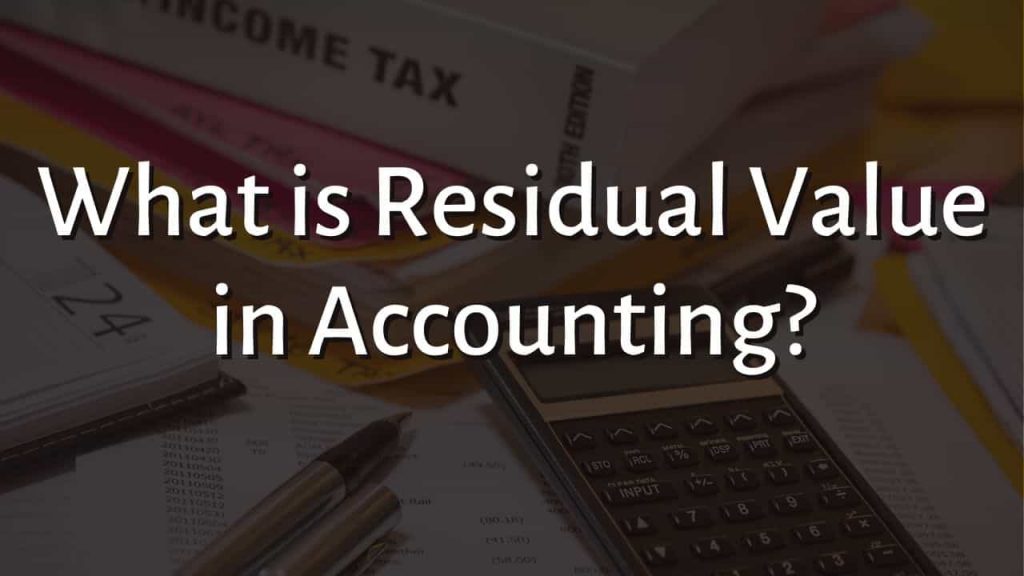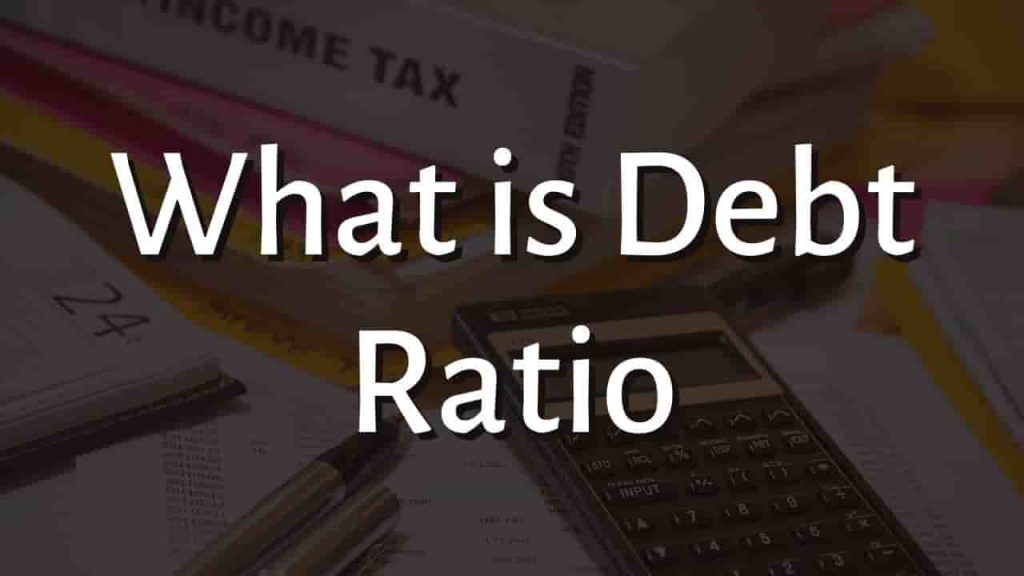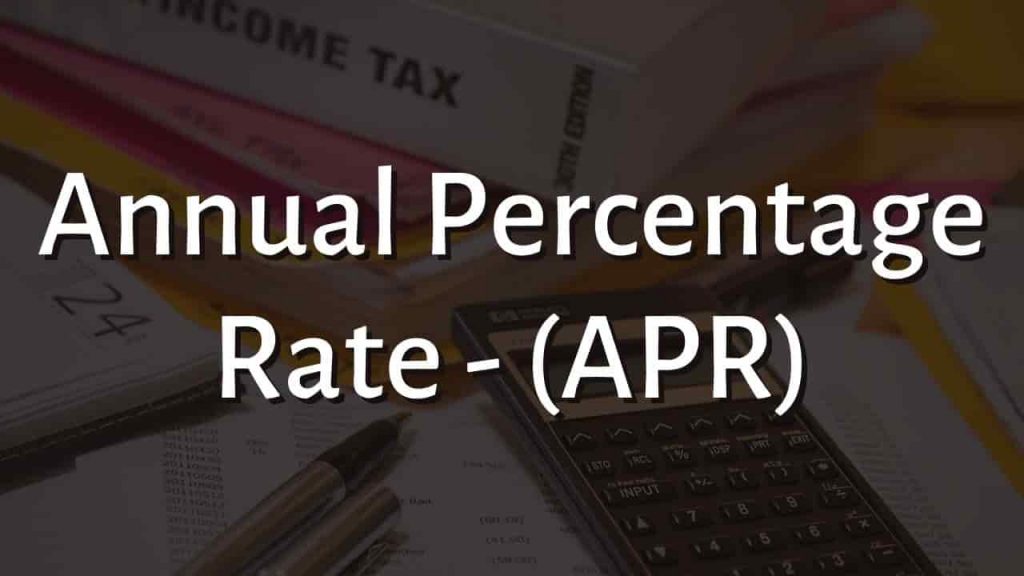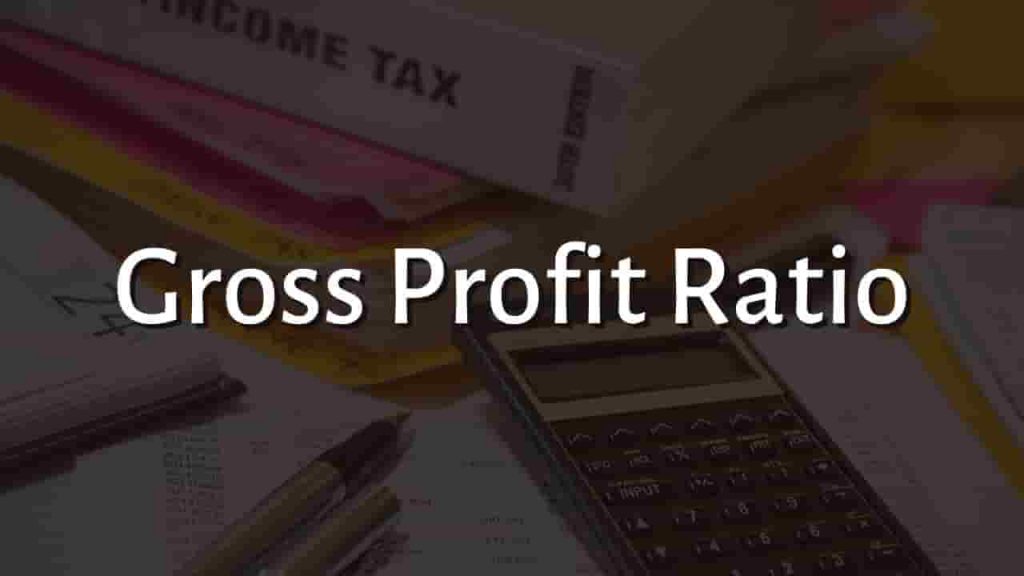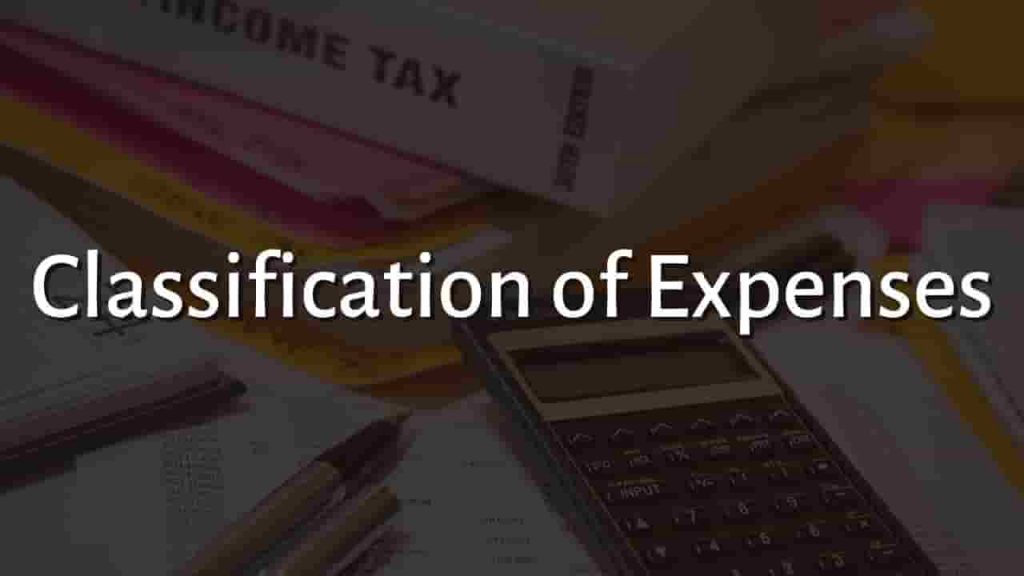What is the Meaning of Residual Value in Accounting?
In accounting, the residual value of an asset is its salvage value. It indicates the amount of value that an asset’s owner may anticipate receiving when the item is disposed of.
Different opinions on residual value exist. In the case of investments, residual value is the difference between the cost of capital and earnings. In capital project planning, residual value is the amount payable in exchange for an asset once the firm no longer utilizes it or the income earned from it has become uncertain.
The expected residual value of an asset is usually zero.
How do you Calculate the Residual Value?
The residual value of an asset is calculated by the amount a firm anticipates it will get from the sale of the item once its useful life or lease term expires. While residual value formulae vary by industry, the notion of residual value remains constant. It simply refers to what is left.
Let’s calculate the residual value of the asset. Assume the manufacturing machinery cost is £60,000 and has an estimated useful life of 10 years. Let’s say the machinery has a salvage value of £7,000 when it’s disposed of as scrap metal after its useful life.
To calculate the residual value, subtract the disposal cost from the salvage value using the following residual formula:
Residual value = Estimated Salvage Value – Disposal Cost
If the firm pays £100 to transport the machinery to the dumping area, the asset’s residual worth is £6,900 (£7,000-£100).
What is the Residual Value in Depreciation?
If a fixed asset is depreciated during its useful life, the residual value of the asset is the lowest value to which it may be depreciated.
If we take the machine from the previous example and depreciate it using the straight-line technique, we must first remove the estimated residual value of $6,900 from the purchasing price of $60,000.
The remaining $53,100 can then be split and depreciated throughout the machine’s service life.
Salvage Value Vs Residual Value
The words Salvage Value, Scrap Value, and Residual Value are sometimes used interchangeably. In accounting, all words are almost the same, but the residual value is more typically used in leasing to refer to the estimated worth of an automobile after the conclusion of the lease period.
Depending upon the condition of the car at the conclusion of the lease, which may be far before the end of the car’s life, the salvage value may be significantly lower than the residual value.
Furthermore, although a lender would estimate the residual value based on the cost and period of the lease, an insurance agent will estimate the salvage value based on the cost of vehicle disposal and historical auction values for similar wrecked cars.
Aspects Affecting Residual Value
Following are some factors that affect residual value of an asset:
Service Life
The residual value of an asset is heavily reliant on its Service Life or usable life. If an asset has a longer service life, its residual value is lower; if an item has a shorter service life, its residual value is greater.
Future Value
The residual value is determined by what a corporation expects to get when selling or splitting out the asset at the end of its lease term or usable life. When calculating Residual value, we simply estimate the asset’s future worth. If the asset’s predicted future value is greater, so will its Residual value, and vice versa.
Asset Utilization
Another aspect that has a significant impact on residual value is asset usage. Assets that are expected to be used frequently will have a low residual value, whereas assets that are expected to be used infrequently would have a high residual value.
Maintenance
How an asset is utilized and maintained during its life lifetime has a significant influence on its residual value.
Recent Market Movements
Residual value is also affected by recent market trends and an asset’s market value. A car’s residual value, for example, is heavily reliant on its mileage, life cycle, and brand.
For more click here and if you are looking for full forms of different acronyms and words then check out this list you really gonna find this helpful. We also have an Essay on every topic, Check the complete list here. If you are Studying in Matric Free Video Lectures in Maths, Physics and English are here, and we have got you covered for I.COM Business Maths also.

